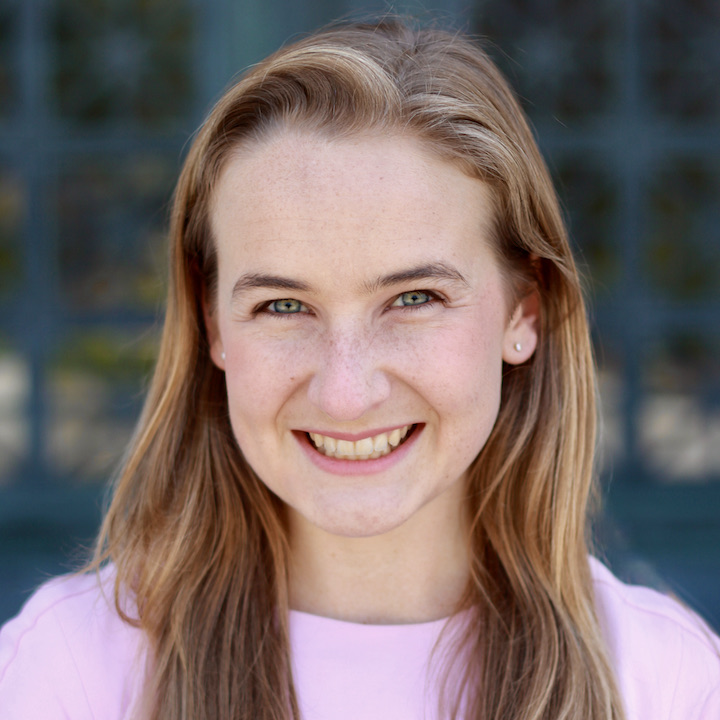
- This event has passed.
Fall 2024 GRASP on Robotics: Tess Smidt, Massachusetts Institute of Technology, “Recent applications of Euclidean neural networks to understand and design atomistic systems”
November 1, 2024 at 10:30 AM - 11:45 AM
This will be a hybrid event with in-person attendance in Wu and Chen and virtual attendance on Zoom.
ABSTRACT
Atomic systems (molecules, crystals, proteins, etc.) are naturally represented by a set of coordinates in 3D space labeled by atom type. This poses a challenge for machine learning due to the sensitivity of coordinates to 3D rotations, translations, and inversions (the symmetries of 3D Euclidean space). Euclidean symmetry-equivariant Neural Networks (E(3)NNs) are specifically designed to address this issue. They faithfully capture the symmetries of physical systems, handle 3D geometry, and operate on the scalar, vector, and tensor fields that characterize these systems.
E(3)NNs have demonstrated state-of-the-art performance on diverse atomistic benchmarks, such as small molecule properties, protein-ligand binding, and force prediction for heterogeneous catalysis. These networks combine neural network operations with insights from group representation theory. Their success stems from a rigorous foundation, making them more robust, data-efficient, and capable of generalization compared to invariant or non-equivariant neural networks.
In this talk, I will provide an overview of recent applications of E(3)NNs in understanding and designing materials. I will also discuss the expansion of these methods’ applicability to new domains and data modalities. Finally, I will explore open questions regarding the expressivity, data-efficiency, and trainability of methods that leverage invariance and equivariance.

Tess Smidt
Massachusetts Institute of Technology
Tess Smidt is an Assistant Professor of Electrical Engineering and Computer Science at MIT. Tess earned her SB in Physics from MIT in 2012 and her PhD in Physics from the University of California, Berkeley in 2018. Her research focuses on machine learning that incorporates physical and geometric constraints, with applications to materials design. Prior to joining the MIT EECS faculty, she was the 2018 Alvarez Postdoctoral Fellow in Computing Sciences at Lawrence Berkeley National Laboratory and a Software Engineering Intern on the Google Accelerated Sciences team where she developed Euclidean symmetry equivariant neural networks which naturally handle 3D geometry and geometric tensor data.
